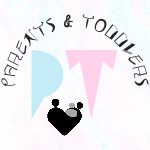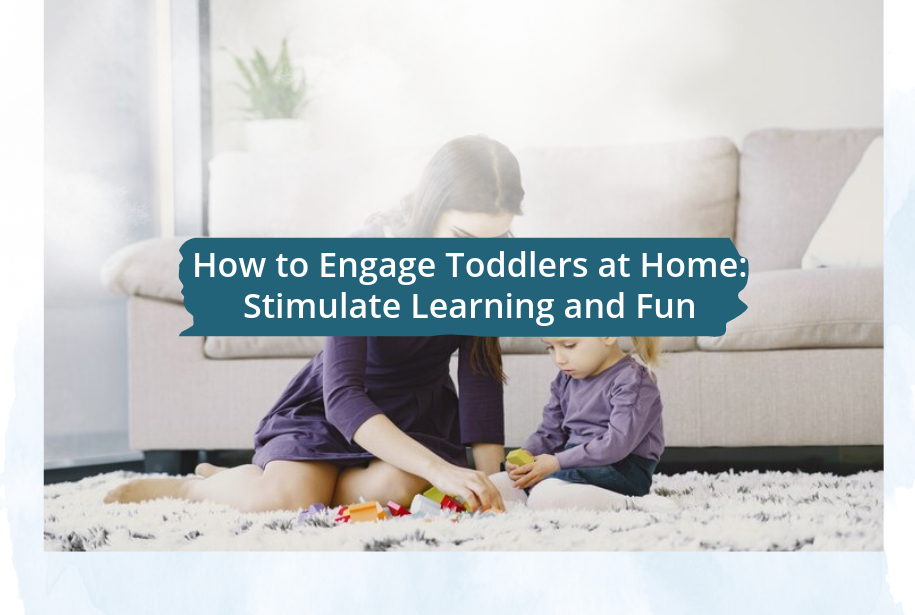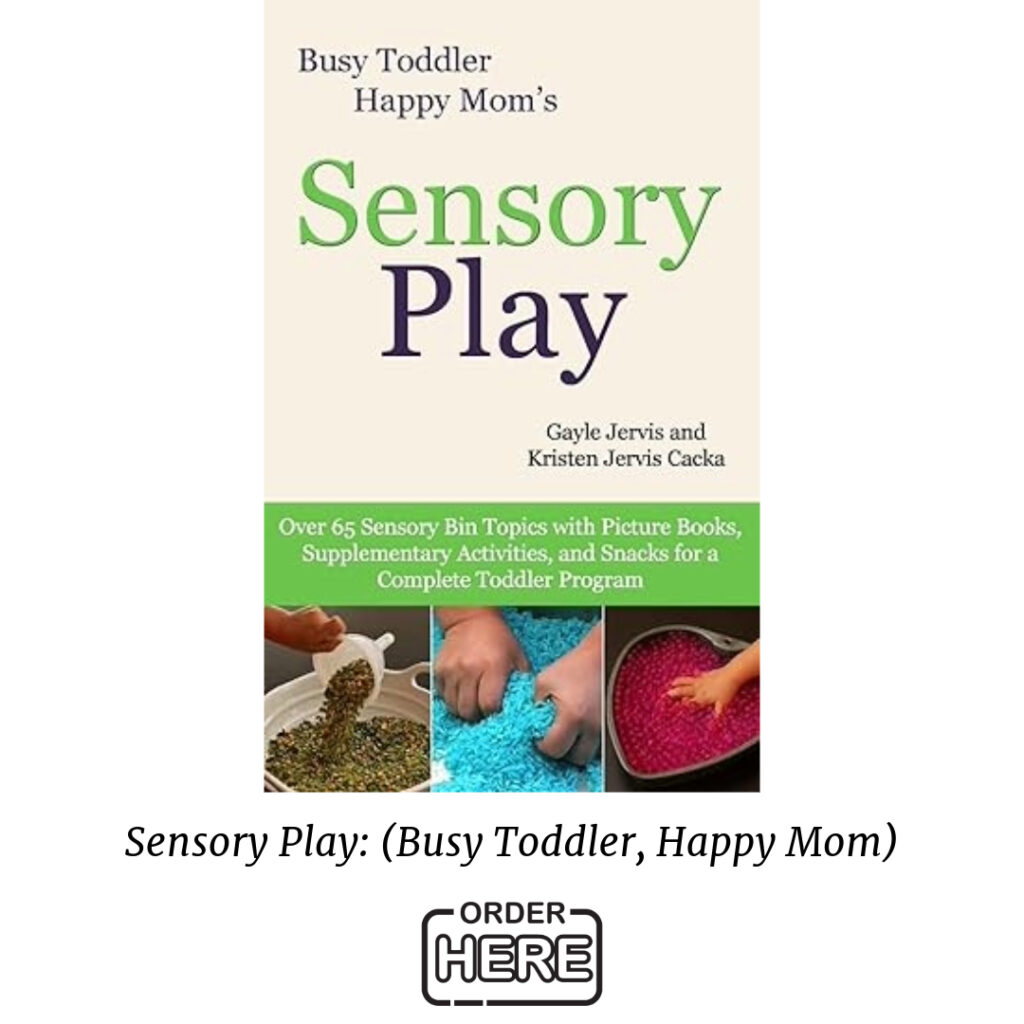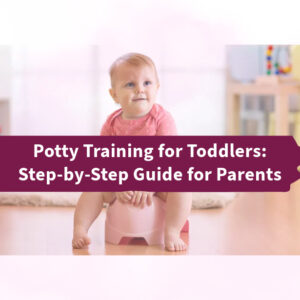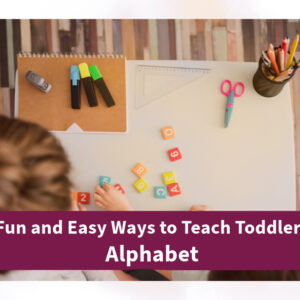In today’s fast-paced world, parents often find themselves looking for creative and meaningful ways to engage toddlers at home. With the right activities and a sprinkle of imagination, you can transform your home into a vibrant learning environment that captivates and stimulates your little one’s curious mind. In this comprehensive guide, we will explore a variety of activities and strategies to keep your toddlers entertained, happy, and learning.
Understanding the Toddler Mindset
Before diving into specific activities, it’s crucial to understand the developmental stage of toddlers. Toddlers are inquisitive explorers, eager to make sense of the world around them. They learn best through hands-on experiences that engage their senses and promote cognitive, emotional, and social development.
Now, let’s explore a range of activities designed to capture the attention and interest of your toddler.
Sensory Play
Toddlers learn through their senses, making sensory play an ideal way to engage them at home. Create sensory bins with materials like rice, pasta, or sand. Add various textures and shapes for your child to explore through touch, sight, and even smell. Consider incorporating items like wooden blocks, small toys, and fabrics to enhance the experience.
Mess-Free Art Projects
Encourage your toddler’s creativity without the stress of a messy aftermath. Invest in washable, non-toxic markers and crayons, and let your toddler experiment with coloring on large sheets of paper or even cardboard. Alternatively, try mess-free painting activities using zip-lock bags filled with paint, allowing your toddler to squish and mix colors without the cleanup hassle.
Interactive Storytime
Cultivate a love for reading early on by engaging your toddler in interactive story sessions. Choose books with vibrant illustrations, textures, or flaps to pique their interest. Ask questions, encourage them to point at pictures, and let them turn the pages. This not only enhances language skills but also fosters a positive association with books.
Educational Apps and Games
Technology can be a valuable tool when used mindfully. There are numerous educational apps and games designed specifically for toddlers, focusing on foundational skills like counting, colors, and shapes. Ensure screen time is limited and choose high-quality, age-appropriate apps that balance entertainment with education.
Music and Movement
Toddlers love to move and groove. Create a playlist of age-appropriate songs with catchy tunes and simple lyrics. Encourage your toddler to dance, clap, and stomp along. Introduce basic musical instruments like shakers or tambourines to enhance the sensory experience and rhythm exploration.
Nature Exploration
Bring the wonders of the outdoors inside by incorporating nature-themed activities. Create a simple nature scavenger hunt with items like leaves, pinecones, or rocks. Arrange a small indoor gardening space where your toddler can plant seeds and witness the magic of growth. This not only fosters a connection to nature but also introduces basic science concepts.
Role-Playing and Pretend Play
Imaginative play is essential for toddlers’ cognitive development. Set up a pretend kitchen, complete with plastic utensils and play food. Encourage your toddler to engage in role-playing activities, like pretending to cook a meal or take care of a baby doll. This fosters creativity, social skills, and problem-solving abilities.
DIY Sensory Bottles

Create mesmerizing sensory bottles using clear containers filled with water, glitter, and small objects like beads or buttons. Secure the lids tightly, and let your toddler shake, turn, and observe the fascinating movements inside. These bottles provide a calming sensory experience and promote focus and visual tracking.
Puzzle Play

Introduce age-appropriate puzzles to challenge your toddler’s cognitive abilities. Begin with simple, large-piece puzzles featuring familiar objects or animals. Gradually progress to more complex puzzles that require problem-solving and fine motor skills. This activity enhances spatial awareness and concentration.
Outdoor Adventures
Take advantage of outdoor spaces for physical activities. Set up a small obstacle course using cushions, tunnels, and hula hoops. Explore the neighborhood on nature walks, pointing out birds, flowers, and other interesting sights. Outdoor play not only promotes physical development but also provides a change of scenery and fresh air.
Conclusion
Engaging toddlers at home involves a combination of creativity, patience, and a deep understanding of their developmental needs. By incorporating a diverse range of activities that stimulate their senses, foster creativity, and encourage exploration, you can create a rich learning environment that keeps your toddler entertained and thriving. Remember to adapt these activities based on your toddler’s interests and preferences, making the learning journey a delightful and personalized experience for both you and your little one.
